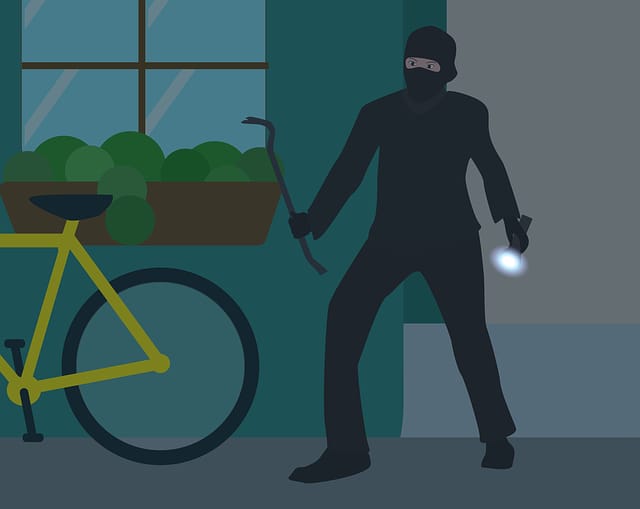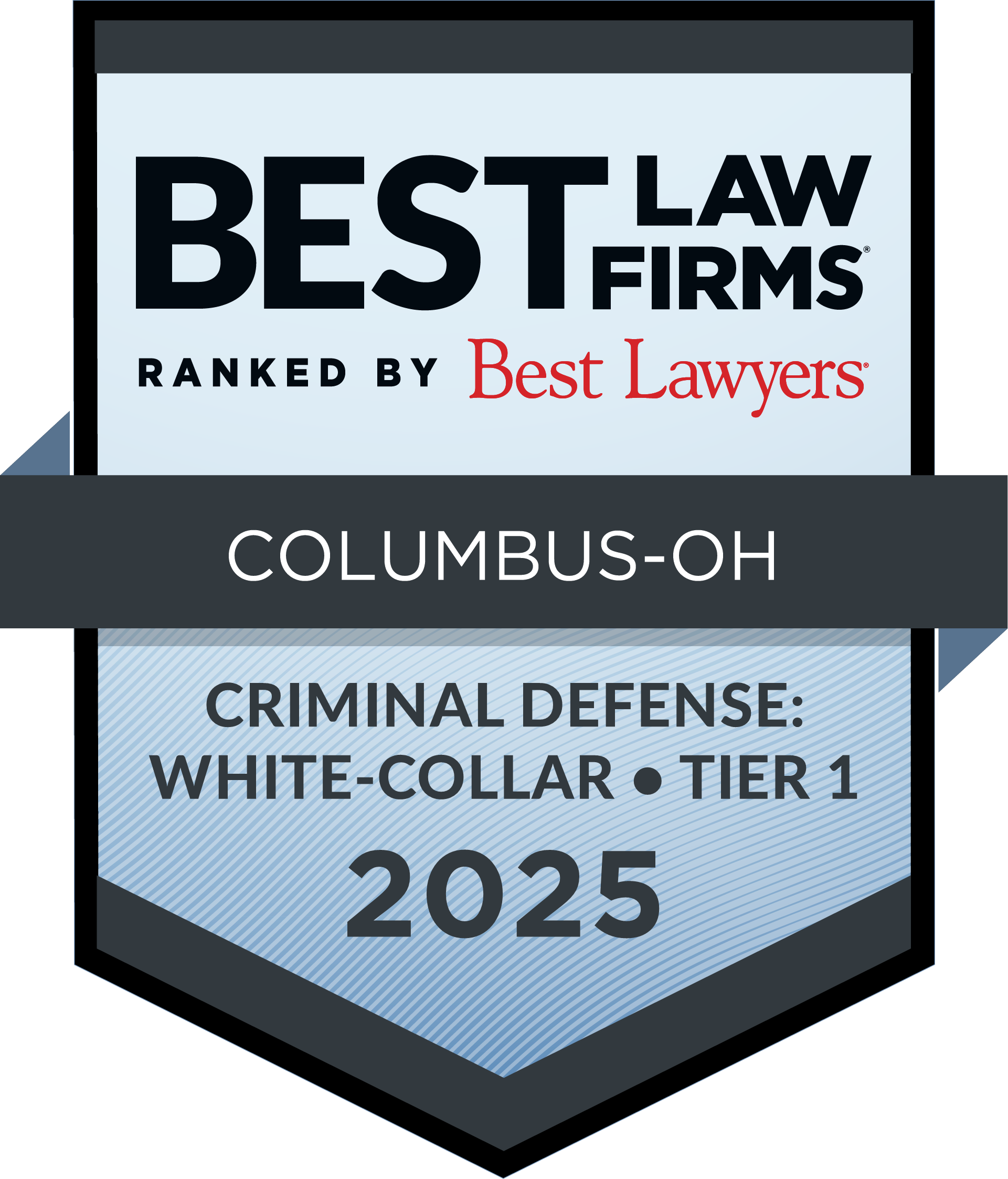
In Ohio, the crime rate is lower than the national average. The most common type of crime in the U.S. is property crime. In 2019, there were more than 240,000 property crimes reported in the state of Ohio.
When an individual is charged with theft, it can result in jail time, big fines, and a criminal record even for a misdemeanor.
Theft charges in Ohio can also result in civil penalties in addition to criminal penalties.
If you’ve been charged with theft, it’s important to understand the different types of theft charges and what degree of offense you are being accused of.
The Different Types of Theft Charges in Ohio
There are a number of factors that determine the type of theft charge and the level of offense. Let’s explore some of the common theft charges in Ohio.
Petty Theft
Petty theft is when an individual knowingly obtains property or services that are worth less than $1000 under any of these circumstances:
- Without the owner or authorized person’s consent
- By intimidation, threat, or deception
- Beyond the scope of the consent of the owner
This is a first degree misdemeanor in Ohio.
Theft
Theft is when an individual knowingly obtains property or services that are worth more than $1000 but less than $7500 under any of these circumstances:
- Without the owner or authorized person’s consent
- By intimidation, threat, or deception
- Beyond the scope of the consent of the owner
There are certain items that, if stolen, can lead to a theft charge regardless of the items value. These include things like motor vehicle license plates, credit cards, or checks.
These are F5 charges in Ohio, meaning a felony of the fifth degree.
Burglary
Burglary is when a person uses force, deception, or stealth to trespass into an occupied structure with the intention of committing a criminal offense.
Burglary can be charges as a fourth, third, or second degree felony in the state of Ohio depending on the circumstances.
Robbery
Robbery is when an individual commits, attempts to commit, or flees from a criminal offense while also:
- Threatening to immediately use force or using force against another individual
- Threatening physical harm, attempting to inflict harm, or inflicting harm on another individual
- Having a deadly weapon under their control or on their person
This is a third degree felony. Based on the circumstances, though, it can be charged as a second degree felony.
Grand Theft
Grand theft is when a person exerts control over or knowingly obtains services or property that is valued at less than $150,000 but more than $7500:
- Without the owner or authorized person’s consent
- By intimidation, threat, or deception
- Beyond the scope of the consent of the owner
Typically, this is a fourth degree felony. However, theft of a firearm or a motor vehicle is always grand theft regardless of the value of the stolen property. It is a third degree felony to steal a firearm.
Aggravated Theft
Aggravated theft is when a person exerts control over or knowingly obtains services or property that is valued at more than $150,000:
- Without the owner or authorized person’s consent
- By intimidation, threat, or deception
- Beyond the scope of the consent of the owner
The value of the property stolen will determine the level of this offense, which can be charged as a first, second, or third-degree felony.
Receiving Stolen Property
Receiving stolen property is when an individual receives, disposes of, or retains the property of someone else when they have reason to know or know that the property was stolen. This can be charged as either a M1 theft charge in Ohio or a fifth, fourth, or third-degree felony. The charges are determined by both the value of the property as well as the type of property.
Hire a Theft Lawyer in Columbus Ohio
Theft charges in Ohio can be more serious than many people realize. Jail time, serious fines, and a criminal record can result from even misdemeanor charges.
If you’ve been charged with theft, you’ll want to start protecting your rights immediately. If you’re looking to hire a theft lawyer in Ohio, contact Tyack Law today!
Talk with an experienced lawyer today.
Fill out the form below to get started with your case evaluation.















